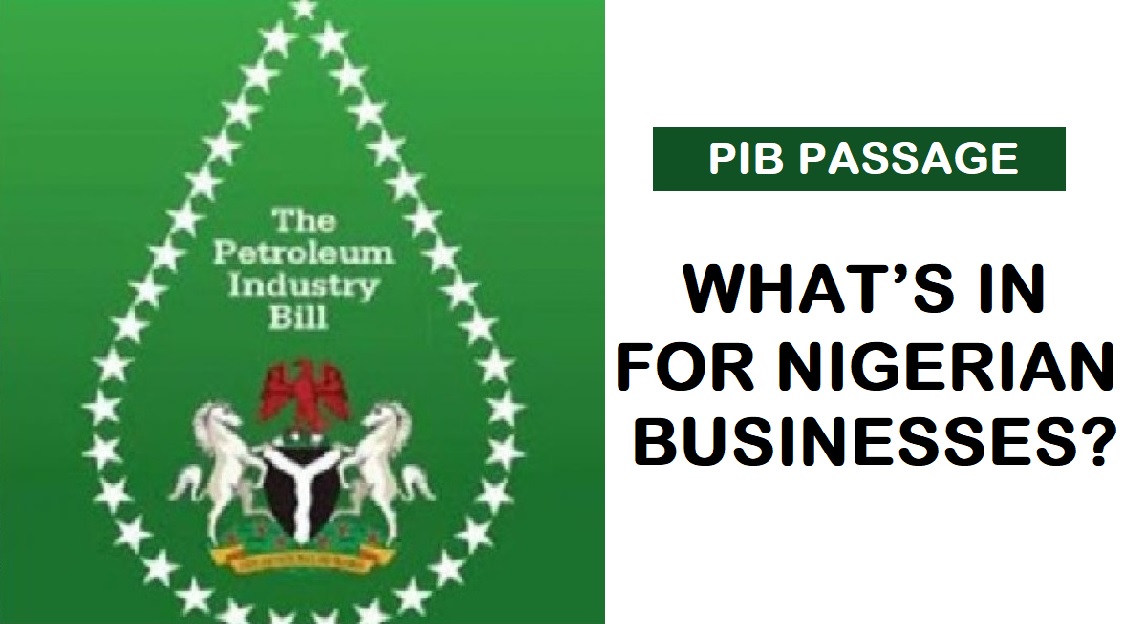The President, Muhammadu Buhari asserted in Abuja on Wednesday at ta ceremony on passage of the Petroleum Industry Act, which preceded the Federal Executive Council meeting that Nigeria suffered a loss of $50 billion worth of investments in the petroleum industry since 2011 due to the absence of the PIA.
The Special Adviser to the President on Media and Publicity, Femi Adesina, disclosed this in a statement titled ‘Nigeria Lost Estimated $50bn Worth of Investment In 10 Years Due to Stagnation, Uncertainty Over Petroleum Industry’.
The loss, according to the President, was as a result of the uncertainty of non-passage of the Petroleum Industry Bill, lack of progress and stagnation in the petroleum industry which he blamed on lack of political will on the part of past administrations to actualize the needed transformation.
The President’s assent to the Petroleum Industry Bill on August 16, 2021 marked the end of decades of uncertainty and under-investment in Nigeria’s petroleum industry.
READ ALSO: Buhari’s Assent to PIB, A Sad Day for Niger Delta People – PANDEF
President Buhari, “We are all aware that past administrations have identified the need to further align the industry for global competitiveness, but there was a lack of political will to actualise this needed transformation.
“This lack of progress has stagnated the growth of the industry and the prosperity of our economy. In the past 10 years, Nigeria has lost an estimated $50bn worth of investments due to uncertainty created by the non-passage of the PIB.
“This administration believes that the timely passage of the Petroleum Industry Bill will help our country attract investments across the oil and gas value chain.
“In view of the value our nation and investors will derive from a stable fiscal framework for the oil and gas industry, our administration has found it necessary to work with the two chambers of the National Assembly to ensure the passage of the PIB.’’
He also noted that the signing of the bill was part of the regime’s commitment to building a competitive and resilient petroleum industry that will attract investment, improve revenue base, create jobs and support the economic diversification agenda.
According to him, the PIA became necessary because Nigeria runs a petroleum industry that is governed largely by laws enacted over 50 years ago such as the principal legislation; the Petroleum Act of 1969 and other outmoded legislations. He therefore appealed to host communities to accept the new regulation, saying that it would bring lasting benefits to them.
“The Act also provides for a direct benefit framework that will enable the sustainable development of Host Communities. I appeal to the host communities to look carefully at the contents of the Bill which in the implementation will bring real and lasting benefits to them.
“Furthermore, the Act provides for a deliberate end to gas flaring which would facilitate the attainment of Nigeria’s Nationally Determined Contributions of the Paris Agreement through a funding mechanism to support gas flare out of the project in host communities,’’ he added.
While directing the immediate implementation of the framework for the PIA, the President urged all relevant stakeholders to comply and reposition for full activation within 12 months.
The President stated further that an implementation framework has been approved to commence immediately to ensure the industry envisaged in the new law begins to take shape, so as to consolidate the commitment of the administration.
“The implementation process to be headed by the Hon Minister of State, Petroleum Resources is hereby tasked with the completion of the implementation of this act within 12 months. I am therefore directing all relevant Ministries, Departments and Agencies of government to fully cooperate in ensuring the successful and timely implementation of this law,’’ he said.
Buhari expressed his gratitude to the 9th National Assembly for demonstrating mutual harmony with the Executive in the passage of the bill.
Present at the event were the Senate President, Dr Ahmed Lawan; Deputy Senate President, Ovie Omo-Agege; Deputy Speaker Ahmed Wase and other lawmakers, members of the Federal Executive Council and Group Managing Director of NNPC, Mele Kyari.

